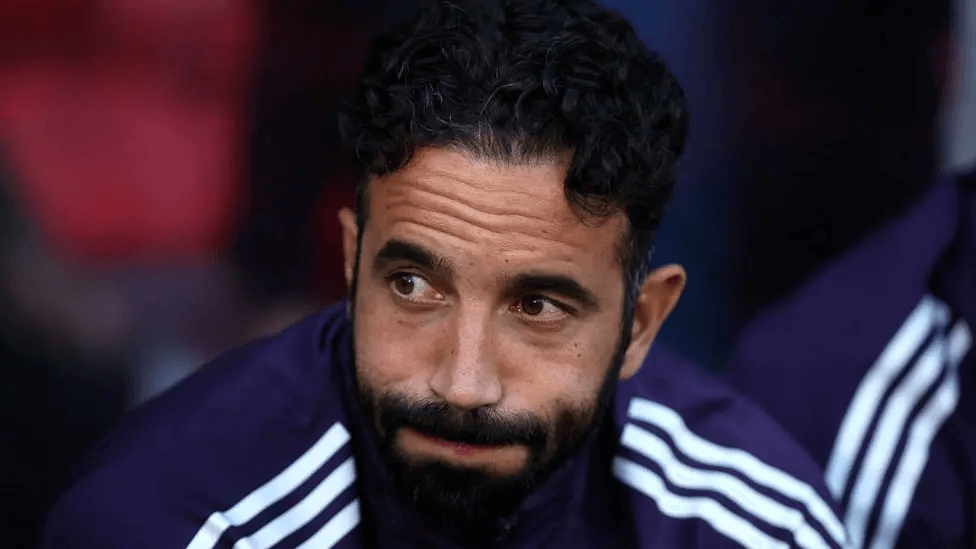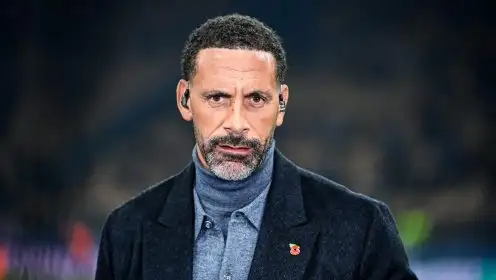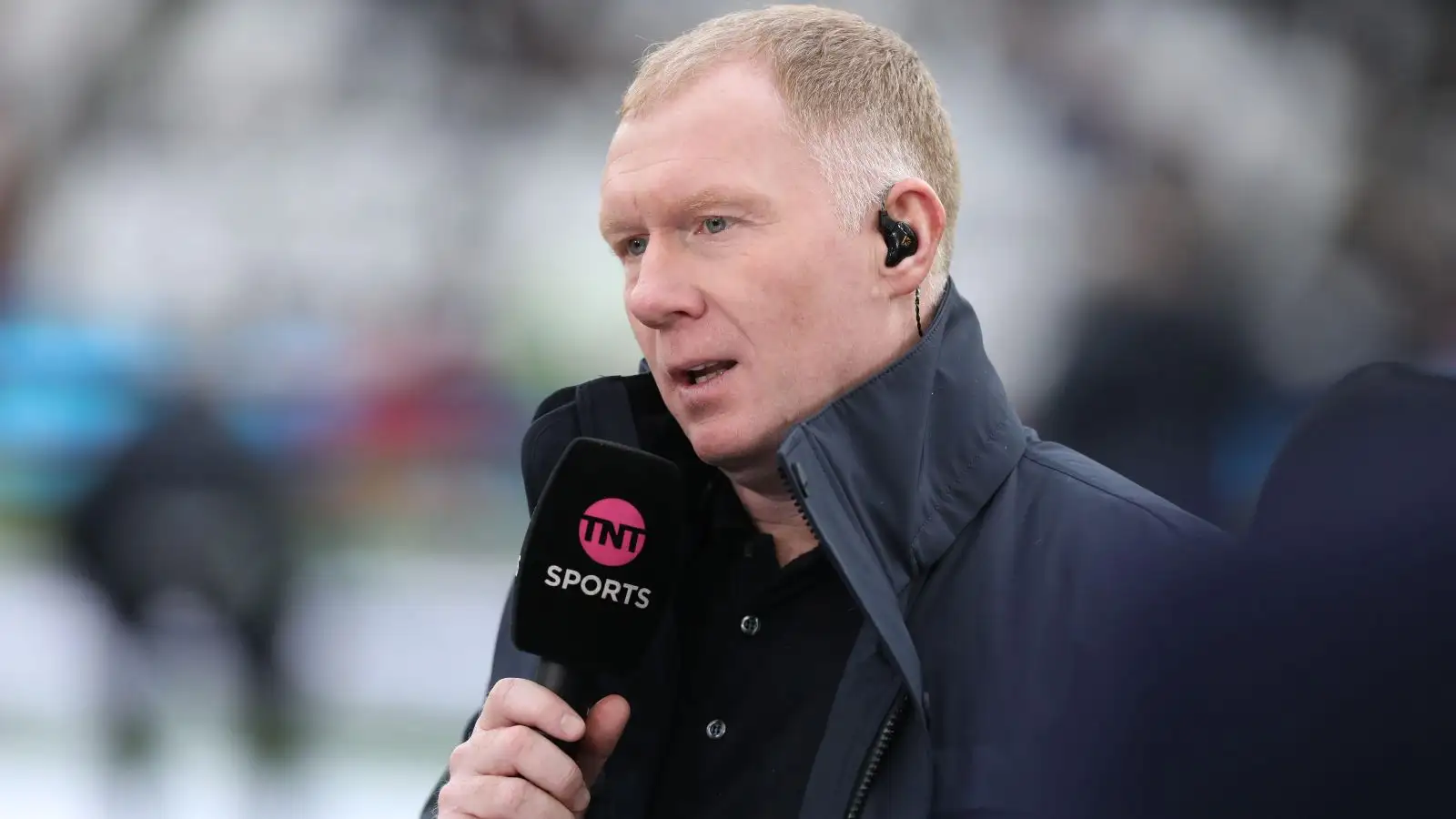Amorim's United in Crisis After Grimsby Loss

The image of Ruben Amorim cowering in the dugout during the penalty shootout at Grimsby is one that will linger in the minds of Manchester United supporters. It was a moment that captured the helplessness of a manager whose team slumped to a humiliating Carabao Cup second-round defeat against fourth-tier opposition.
This is not the Manchester United the world knows—a club built on legacy, not losses to minnows. They are not supposed to languish in 15th place, especially in a Premier League era where financial power is overwhelmingly concentrated among the elite.
Yet, that’s exactly where they finished last season. The question now is: what comes next?
The responsibility does not fall on Amorim alone. Minority owner Sir Jim Ratcliffe, CEO Omar Berrada, and technical director Jason Wilcox are the architects of United’s future. They were the ones who overruled Dan Ashworth’s suggestions—Thomas Frank, Marco Silva, Graham Potter—and pushed for Amorim when Erik ten Hag was dismissed in October.
Berrada personally flew to Portugal to deliver an ultimatum: it was now or never. Amorim asked to see out the season with Sporting, but United’s hierarchy insisted. What followed has been underwhelming: 17 wins in 45 games, with seven of those coming during last season’s run to the Europa League final.
This is far from the return expected after backing Amorim with £200 million for three attacking signings this summer—especially after the club’s worst league finish since the 1974-75 season.
Amorim has spoken about being emotional and at times volatile. After the Grimsby defeat, he appeared defeated, admitting he didn’t understand what went wrong but acknowledging that, as manager, it was his job to figure it out.
Some sympathy is due—he gave his post-match interview amid taunts from home fans—but his words lacked the conviction of a leader determined to turn things around. And that’s a problem.
United’s restructuring has been built around Amorim’s system: a 3-4-3 with wing-backs, dual number 10s, and a lone striker. While it brought him success at Sporting, the Premier League is a different beast—more physical, more competitive, and far less forgiving.
His tactical rigidity has also impacted the squad’s composition. Players like Jadon Sancho, Antony, and Marcus Rashford have seen their values plummet as Amorim doesn’t use traditional wingers. Even young talents are feeling the strain:
- Alejandro Garnacho, once seen as a future star, is now in talks with Chelsea.
- Kobbie Mainoo, an England international and lifelong United fan, is open to leaving due to a lack of opportunities.
Amorim claims Mainoo is competing with Bruno Fernandes for a starting role, but when he was finally given a chance against Grimsby, he played the full 90 minutes without making a compelling case—though he wasn’t the worst on the pitch either.
Many are asking: if the system is costing them their brightest prospects, is the system really worth keeping?
Amorim’s summer signings were meant to solve United’s chronic scoring issues. Matheus Cunha has shown promise, but he missed a crucial penalty at Grimsby. Bryan Mbeumo also failed from the spot, and Benjamin Sesko—the third major attacking addition—was surprisingly one of the last to step up.
Even if United had scraped through, questions would remain. At a club of this stature, poor performances are not easily forgotten. The noise around them is simply too loud.
Amorim will face the media again on Friday ahead of United’s home game against Burnley. A win is expected—but nothing is certain anymore. Beyond that, the future of Manchester United looks more uncertain than ever.
Recommended

‘I don’t think he should go to Man Utd’ – Carragher makes Everton case for PL striker

Man Utd: Ruben Amorim handed shock Europa League final boost as star returns ahead of schedule

Man Utd and Chelsea face fresh PL rival in £30m race for Delap after Red Devils ‘meeting’

Man Utd ‘ask’ for Barcelona star worth £50m in deal to sign Marcus Rashford this summer

Romano reveals Man Utd will sign ‘one more’ No.10 as Amorim chooses his man

Chelsea to rival Man Utd for Aston Villa star as Red Devils pull out of Osimhen race after record offer

Man Utd receive ‘another two-star hygiene rating’ thanks to ‘mouse poop’ and dodgy pesto

Man Utd in Arsenal, Viktor Gyokeres hijack with £67m transfer ‘already completed’

Man Utd: Rio Ferdinand names two former stars he ‘couldn’t believe’ the Red Devils let go


